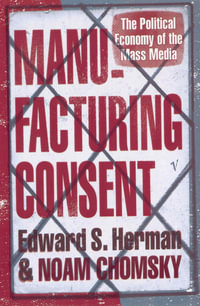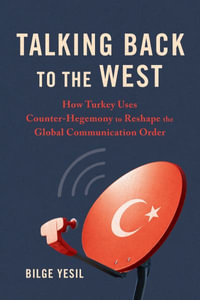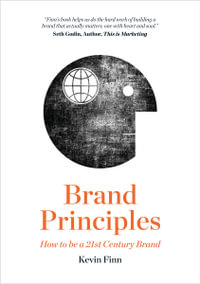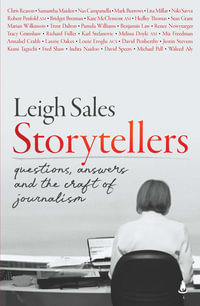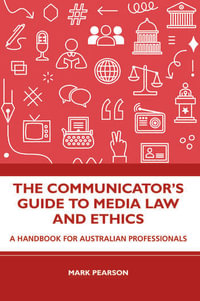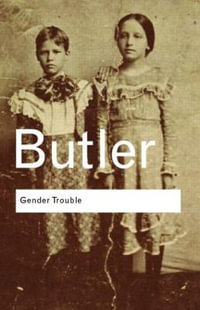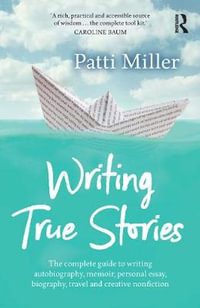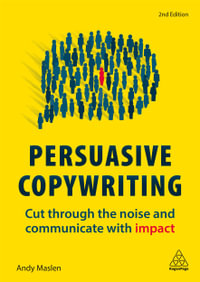Was the 2000 presidential campaign merely a contest between Pinocchio and Dumbo? And did Dumbo miraculously turn into Abraham Lincoln after the events of September 11? In fact, Kathleen Hall Jamieson and Paul Waldman argue in The Press Effect, these stereotypes, while containing some elements of the truth, represent the failure of the press and the citizenry to engage the most important part of our political process in a critical fashion. Jamieson and Waldman analyze both press coverage and public opinion, using the Annenberg 2000 survey, which interviewed more than 100,000 people, to examine one of the most interesting periods of modern presidential history, from the summer of 2000 through the aftermath of September 11th.
How does the press fail us during presidential elections? Jamieson and Waldman show that when political campaigns side-step or refuse to engage the facts of the opposing side, the press often fails to step into the void with the information citizens require to make sense of the political give-and-take. They look at the stories through which we understand political events-examining a number of fabrications that deceived the public about consequential governmental activities-and explore the ways in which political leaders and reporters select the language through which we talk and think about politics, and the relationship between the rhetoric of campaigns and the reality of governance.
The Press Effect is, ultimately, a wide-ranging critique of the press's role in mediating between politicians and the citizens they are supposed to serve.
Industry Reviews
"There is much to be learned from the book's point-by-point analysis and...appeal for higher standards in journalism."--The New York Times
"Jamieson has authored a number of substantial books about politics, and her latest does not disappoint."--National Journal
"A disturbing picture of how poorly the media cover political discourse [and] why the press so often fails."--Denver Post
"Based on meticulous research and pretty well scrubbed free of bias, this highly readable book is the latest work in an established vein of media criticism aimed at telling us why we are getting short-changed and telling reporters how to improve.... The book's analysis of what has gone wrong and what is likely to go wrong in the future constitutes a well-judged and useful dissection of our flawed media."--The New Leader
"There is much to be learned from the book's point-by-point analysis and...appeal for higher standards in journalism."--Alexander Stille, New York Times
"A savvy critique."--Booklist
"A disturbing picture of how poorly the media covers political discourse [and] why the press so often fails."--Denver Post
"This important book demonstrates that media distortion is far too complex and insidious to be explained by mere liberal or conservative bias."--Library Journal (starred review)
"Based on meticulous research and pretty well scrubbed free of bias, this highly readable book is the latest work in an established vein of media criticism aimed at telling us why we are getting short-changed and telling reporters how to improve.... The book's analysis of what has gone wrong and what is likely to go wrong in the future constitutes a well-judged and useful dissection of our flawed media."--Andrew J. Glass, The New Leader
"This fascinating, well-documented critique of the national press makes the case that the mainstream media doesn't so much report the news as they create it, especially when journalists 'transform the raw stuff of experience into presumed fact and arrange facts into coherent stories.'... Jamieson and Waldman's analysis is eye opening, and much of it is highly provocative. Intelligent and timely, this is an important addition to the literature on media and
current events."--Publishers Weekly
"A valuable guide for understanding the political dimensions of contemporary communications. Their close analysis of specific cases and stories leads to a comprehensive argument about modern media in public life.... Among its many virtues, The Press Effect resoundingly puts to rest the mindless cliches of partisan media bias favoring one side--the left-liberal perspective. Serious research shows many other factors shape what reporters do and what the
public knows. This scholarly yet accessible critique argues that 'the most critical obligation of journalists is to act as the custodians of fact.' Those facts, slippery and murky though they may be, shouldn't
be forced into closed, 'frames' that prevent people from seeing the complicated reality of this nation's political life."--Commonweal
"Jamieson has authored a number of substantial books about politics, and her latest does not disappoint."--National Journal



